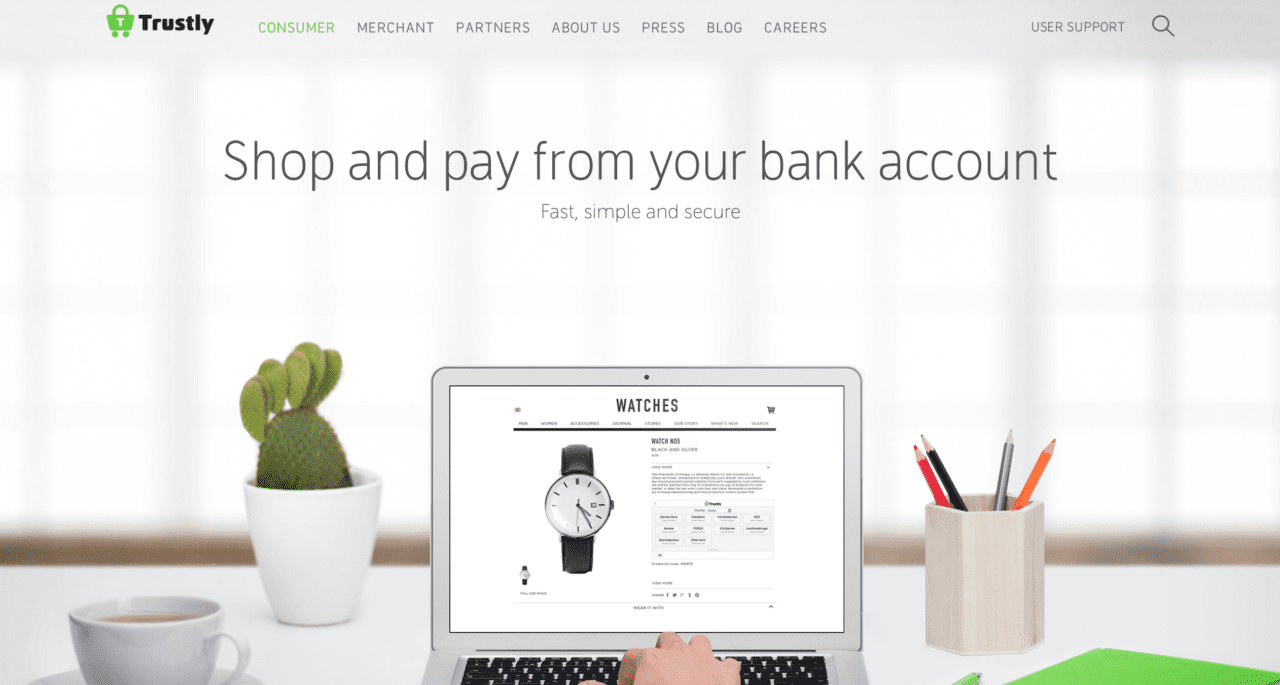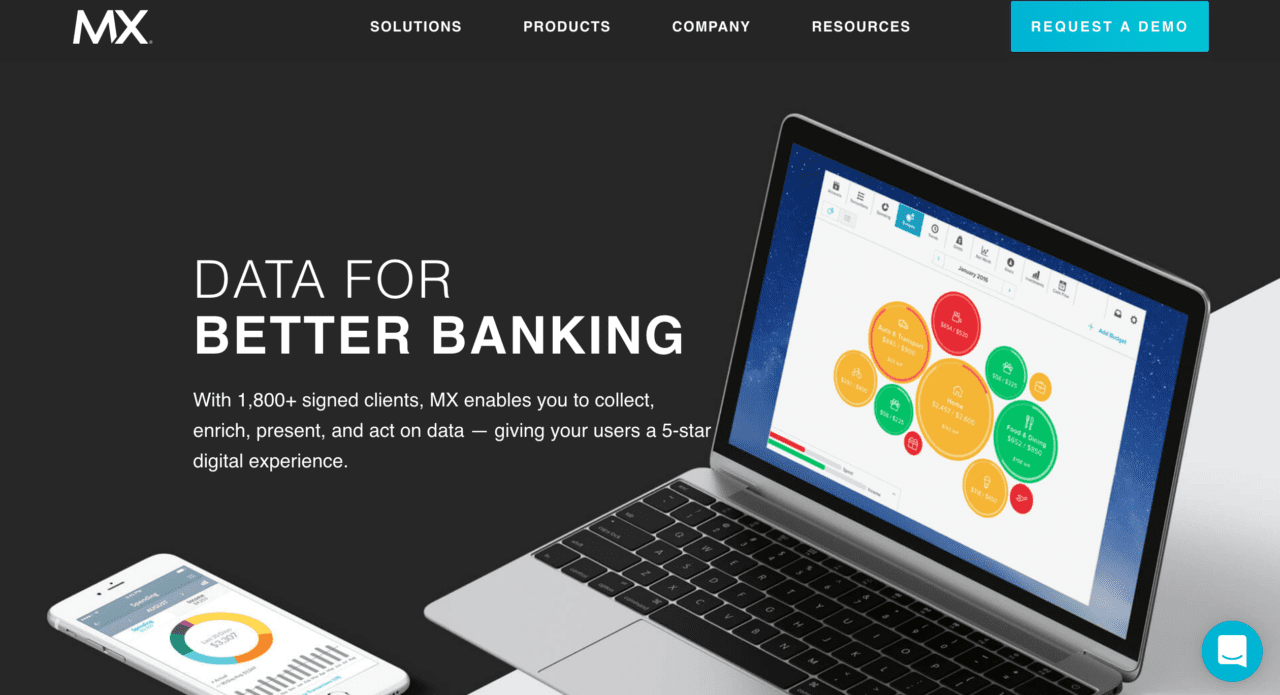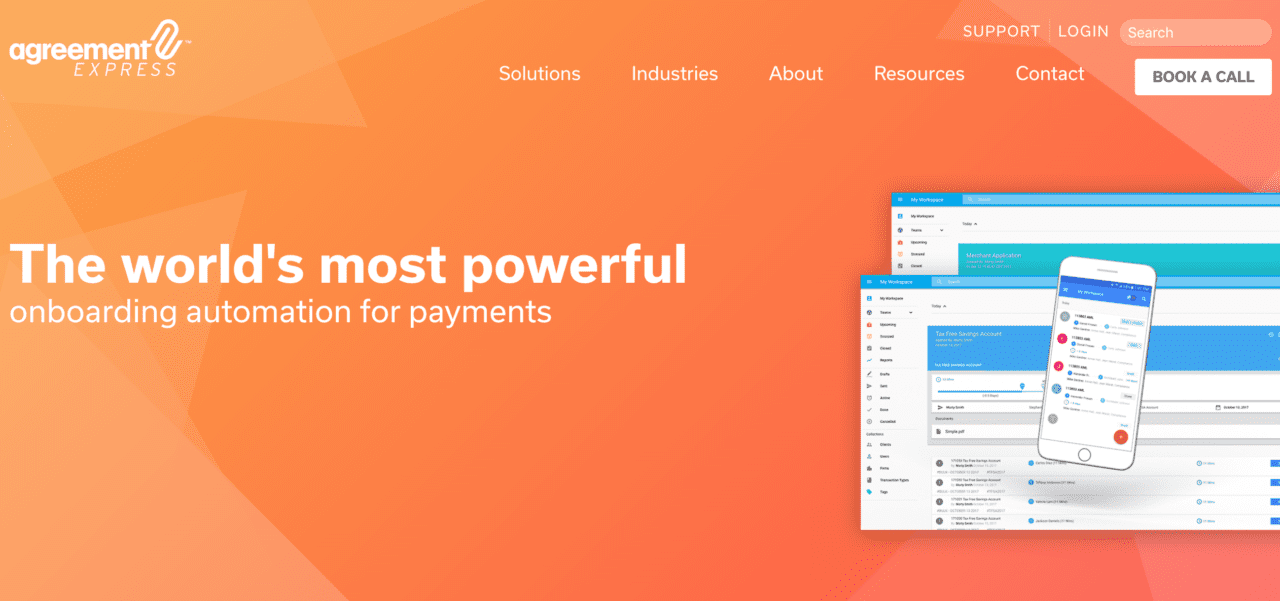
The past two days were all about the demos. Today at FinovateFall, however, we’re shifting our focus to examine some of the trends, themes, ideas, and regulations that are prompting some of that innovation.
Doors open once again at 8am this morning, and we’ll have breakfast and networking until 9am, when the general session begins. Free coat check is available on the south side of registration.
Visit our website for a full, interactive agenda, or check out a quick preview below:
8:00 to 8:55 Registration and Continental Breakfast
8:55Â Opening Remarks
9:00 to 9:40 Analyst All Stars
- Julie Muhn – Senior Research Analyst, Finovate
- Jacob Jegher – Senior Vice President, Banking and Head of Strategy, Javelin Strategy & Research
- Alyson Clarke – Principal Analyst, Forrester
- Daniel Latimore – Senior Vice President, Banking Group, Celent
- Thad Peterson – Senior Analyst, Aite Group
9:40 to 10:30Â Kick Off Keynote: Calling the Shots in the Crypto World
- Alex Tapscott – Author, Advisor, Blockchain & Cryptocurrency, Co-Author Blockchain Revolution
10:30 to 10:45Â Connected Experiences and The Third Era of Commerce
- Kurt Bilafer – General Manager, Americas, Amazon Pay
10:45 to 11:15 Refreshments and Networking Break
11:15 to 11:30 Short & Sharp Dueling Debate: The Future of Digital Financial Services?
- Jeremy Balkin – Head of Innovation, HSBC
- Julia C. Carreon – Managing Director of Digital and Fiduciary Operations, Wells Fargo
- Nicolas Kopp – US CEO, N26
11:30 to 11:45Â Short & Sharp Dueling Debate: The Future of Digital Financial Services? Digital vs Physical Payment Methods
- Sonia Wedrychowicz – Managing Director, Head of Technology Transformation Consumer and Community Bank, JPMorgan Chase
- Vaduvur Bharghavan – CEO, Ondot Systems
- Seth Harvey – President, Travelex
11:45 to 12:00Â Quick & Bold Panel Discussion: Digital Transformation
- Jo Ann Barefoot – CEO, Barefoot Innovation Group
- Nischal Piratla – Director, Deutsche Bank Innovation Labs
- Valentina Isakina – Managing Director of Financial Institutions, JobsOhio
- Luvleen Sidhu – Co-Founder, President, & Chief Strategy Officer, BankMobile
12:00 to 12:30 Moderated discussion –An in-depth Look at World of Cyber Security and Risk Management
- Sean Sposito – Analyst Cybersecurity, Javelin Strategy & Research
- Cris Thomas – Global Strategy Lead, IBM X-Force Red, White Hat Hacker
- Kedar Samant – Co-Founder and Chief Technology Officer, Simility
- Gabrielle Haddad – Co-Founder & Chief Operating Officer, Sigma Ratings, Inc.
- Michael Leary – SVP – Risk Strategy, Bureau, and Third Party Execution Director, US Bank
12:30 to 1:30 Lunch and Networking
1:30 to 3:30 Summit Sessions
- Banking & Payments
- Digital Lending
- Emerging Technologies
- Wealth Management & Investing
3:30 to 4:00 Refreshments and Networking Break
4:00 to 4:50 Breaking Banks Power Hour Chat: It’s Happening! Live Podcast
- JP Nicols – Managing Director, Fintech Forge
- Brett King – CEO and Founder, Moven
- Greg Palmer – VP, Strategy, Finovate
4:50 to 5:30 The Finovate Finale! Accelerator/Incubator/Lab Showcase
- Greg Palmer – VP, Strategy, Finovate
- Jon Zanoff – Managing Director, Techstars – Barclays Accelerator
- Laura Spiekerman – Co-founder & CRO, Alloy
- Perrin Quarshie – Founder & CEO, RealBlocks
- Sunny Parikh – Senior Director, Partnership Fund for NYC, FinTech Innovation Lab
- Liz Maida – Co-Founder & CEO, Uplevel Security
- Benjamin Cohen – CEO & Founder, T-REX
- Matt Armstead – Managing Director, FintechAccel
- Travis Holoway – CEO & Co-Founder, SoLo Funds
- Paris Benson – CEO & Founder, Wizely Finance
- Mahati Sridhar – Investment Associate, Queen City Fintech
- Christian Zimmerman – Co-founder & CEO, Qoins
- Andrew Gowasack – Co-founder, Trust Stamp
Thanks to all of you for helping to make this year’s event a success! We’ll see you at FinovateFall next year, or come see us at any of our shows in between:
If you’re registered for our exclusive AI and Blockchain Summits tomorrow, the excitement continues at 8:50 tomorrow morning. If you’re interested in attending, please visit the registration desk today to add your name to the list and participate in the discussions.








 Lo is a veteran in e-payments and holds a MSc in Telecommunications from The Hong Kong University of Science and Technology.
Lo is a veteran in e-payments and holds a MSc in Telecommunications from The Hong Kong University of Science and Technology.


